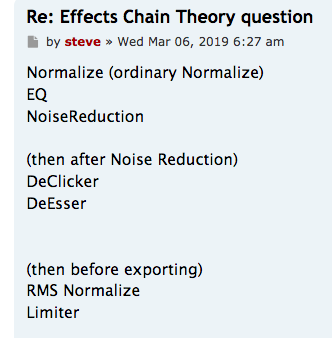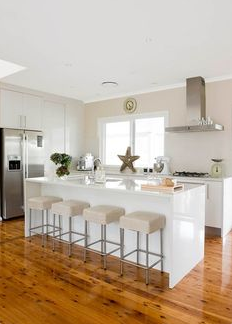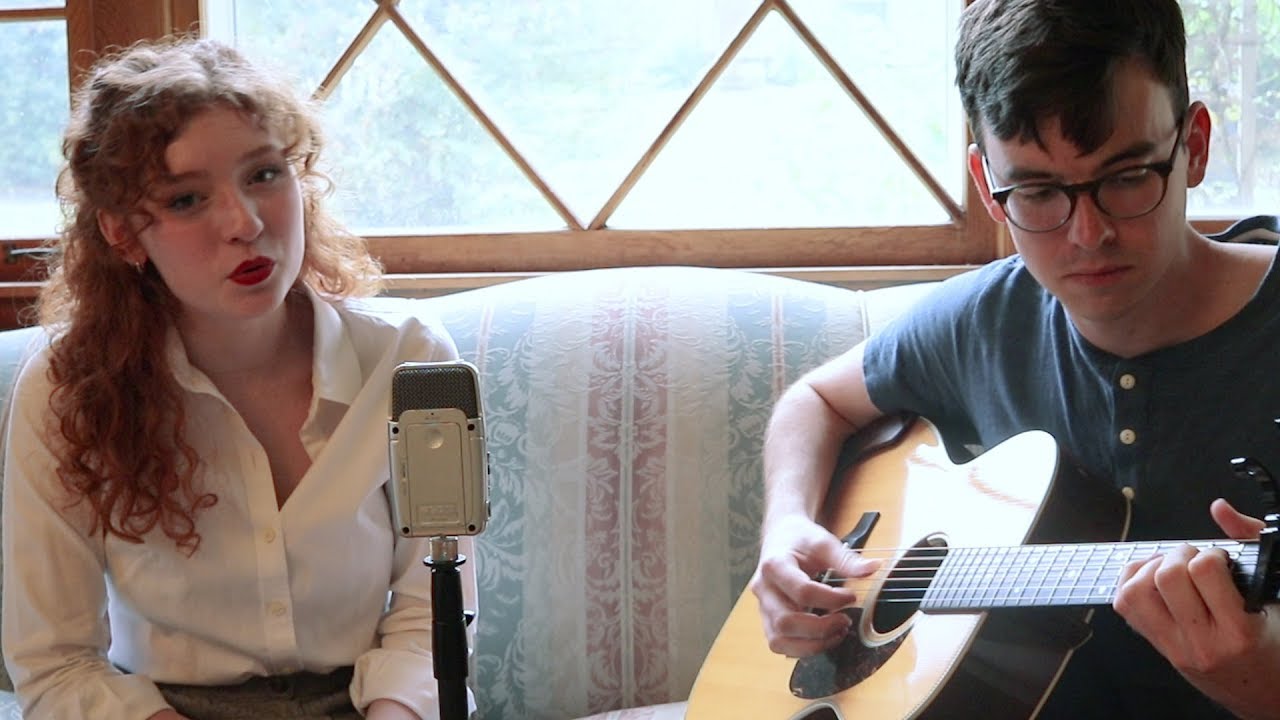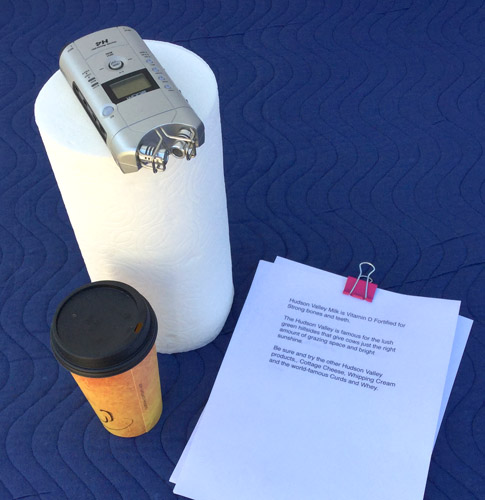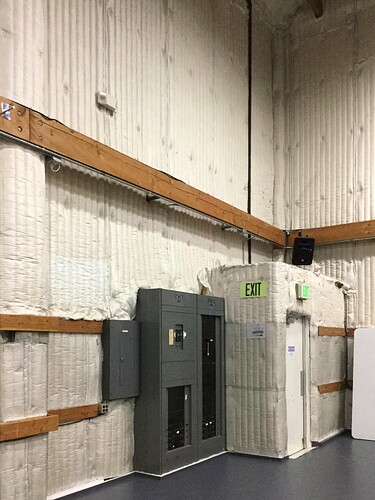Hello -
I did several searches and was surprised to find no previous threads on this topic. That seems nuts to me - maybe I wasn’t searching correctly!
Let’s see… so we:
- record room tone at the beginning
- record text (using some sort of marker when we make a mistake - I only know of clapping or snapping)
- do any editing as in cutting and pasting editing (other words for this, or is it just called editing?)
- save a copy before applying effects, yes? Any particular best way of saving or storing etc?
- apply any effects needed including noise reduction
That last one is where I get the most lost re. order of things (and if I’m not careful I’ll screw up the sound horribly - I still don’t know what that’s all about). I’d love a bare minimum list of suggestions, in order, for less processing, and a more typical list in order with maybe 4 to 6 effects including noise reduction. If any of this depends on equipment, I use a Macbook Pro, Sennheiser HD280 Pro headphones, a Zoom H4N as audio interface, a Rode NT1-A mic and a pop filter. I don’t have a proper space yet because am still practicing but will probably use a closet like so many others. Meanwhile I’m using a carpeted bedroom during quiet times of the day and it sounds good enough for these learning purposes.
I read in some other thread that some people think you should do the cutting/pasting part of editing AFTER effects but that doesn’t make sense to me because that’s the time people are most likely to realize they need to do something over (e.g. if they missed something). Isn’t it true that if you’ve already added all your effects, any last minute recordings to be inserted won’t match the sound of the rest of it?
Thank you!
